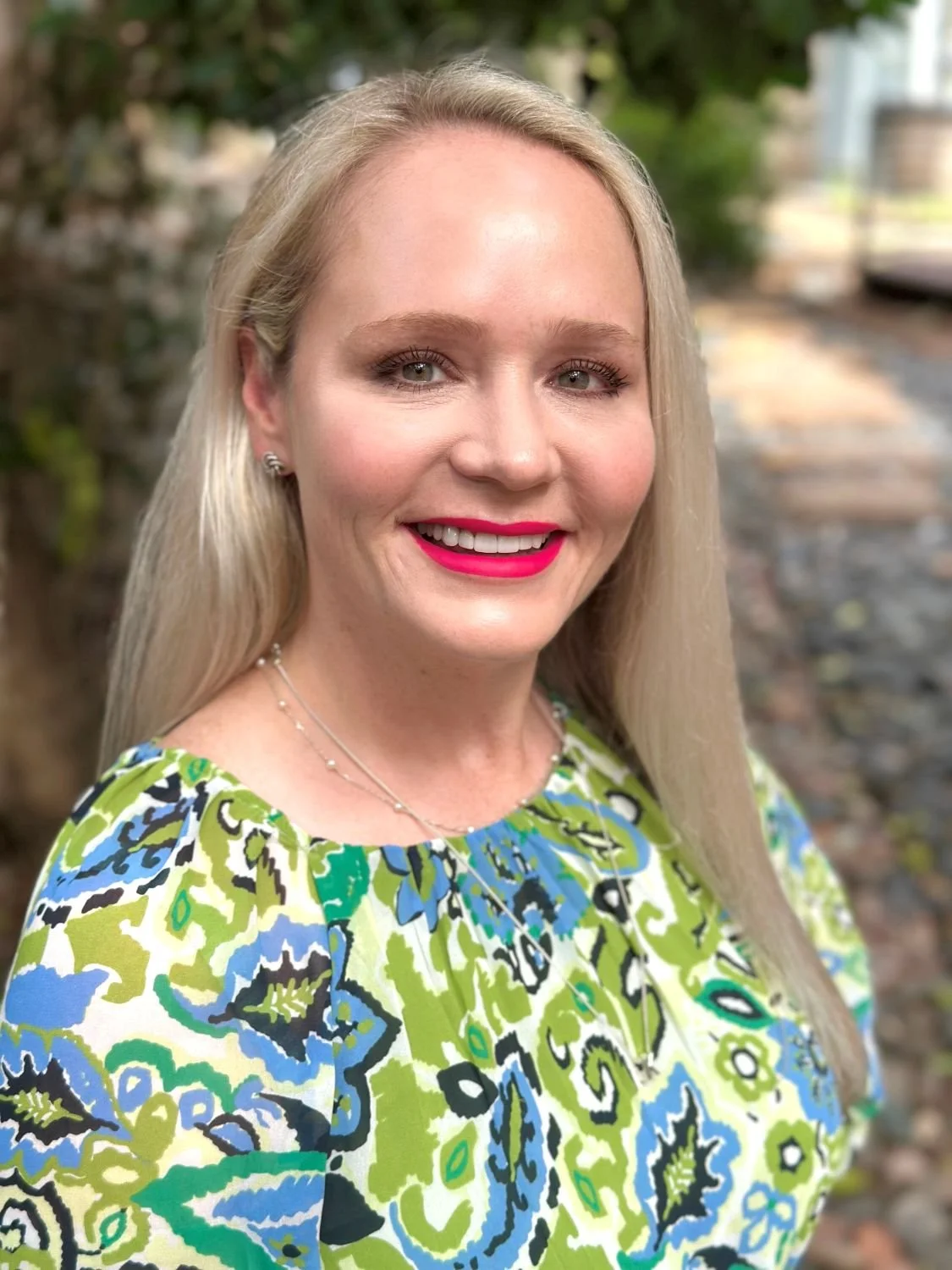Amanda Smith
Licensed Professional Counselor and Supervisor (LPC-S)
Hi, I’m Amanda (she/her). I’ve been in the field for over 20 years, and what keeps me going is the power of connection. I’m a relationship-based therapist who brings both warmth and directness into the room. Whether you’re navigating anxiety, trauma, neurodivergence, or just trying to get through a hard season, we’ll work together in a way that’s flexible, supportive, and grounded in what matters most to you.
I work with kids, teens, young adults, and adults—along with families and couples—who are managing everything from panic and ADHD to identity shifts and communication breakdowns. Many of my clients describe me as kind, insightful, and interactive. I don’t just sit back and nod—I’m here to reflect, guide, and walk alongside you.
My work draws from evidence-based approaches like CBT, DBT, EMDR, EFT, and mindfulness. But I always tailor the process to you. Some sessions might feel more structured; others might offer space to reflect, process, or reset. The relationship we build will shape the work we do.
Professional Background & Qualifications
Education
Bachelors of Arts
Vanderbilt University
Masters of Arts in Counseling
St. Edward’s University
Training
Licensed Professional Counselor Supervisor (LPC-S)
Personal Approach
A Relationship-Based, Adaptive Approach
Over the past two decades, I’ve worked in residential settings and community mental health, supporting clients through many layers of change and healing. I’m deeply experienced in helping people explore the ways trauma, anxiety, or neurodivergence show up in their lives—and we’ll move at a pace that feels steady and supportive.
The Work I Do
Ages
5 years old and up
Types
Individual Therapy
Family Therapy
Couples Therapy
Group Thearpy
Expertise
ADHD and Autism
Life transitions (college, young adulthood, new diagnoses)
Anxiety and negative thought patterns
Panic disorders and stress
Depression and emotional overwhelm
PTSD (new or developmental trauma)
Borderline traits and relational reactivity
Parent-child dynamics and family therapy
Couples navigating communication or change
Location
In Person
Virtual in Texas
Modalities
Cognitive Behavioral Therapy (CBT)
Emotionally Focused Therapy (EFT)
Eye Movement Desensitization and Reprocessing (EMDR)
Mindfulness Based Therapy
Dialectical Behavioral Therapy (DBT)
Curious what those approaches actually mean?
Here are a few “what this looks like in session” notes:
EMDR (Eye Movement Desensitization and Reprocessing)
EMDR helps the brain process trauma in a way that feels safe and contained. You won’t have to talk through every detail. Instead, we use gentle techniques—like eye movements or tapping—to help your nervous system release what’s been stuck. Many clients say EMDR helps things shift without feeling overwhelmed.
CBT (Cognitive Behavioral Therapy)
CBT focuses on the connection between your thoughts, feelings, and behaviors. We’ll look at patterns that might be fueling anxiety or self-doubt, and explore how to gently shift them. In session, this might look like tracking unhelpful thoughts together and practicing more supportive ways of responding to yourself.
DBT (Dialectical Behavior Therapy)
DBT is especially helpful if you experience intense emotions or big ups and downs. In session, we might work on building skills like emotional regulation, distress tolerance, or grounding when everything feels like too much. These tools can bring more stability without shutting your feelings down.
EFT (Emotionally Focused Therapy)
EFT helps us understand the deeper emotional needs underneath conflict, especially in couples or family relationships. If you find yourself stuck in repeating arguments or patterns of disconnection, we’ll slow things down and explore what’s really happening beneath the surface—so you can reconnect more safely and honestly.
Mindfulness-Based Work
Mindfulness isn’t about clearing your mind—it’s about noticing. Together, we might slow down and pay attention to what’s happening in your body, your breath, or your internal dialogue. These moments of awareness help you respond instead of react—and feel more grounded when things get loud inside or outside.

